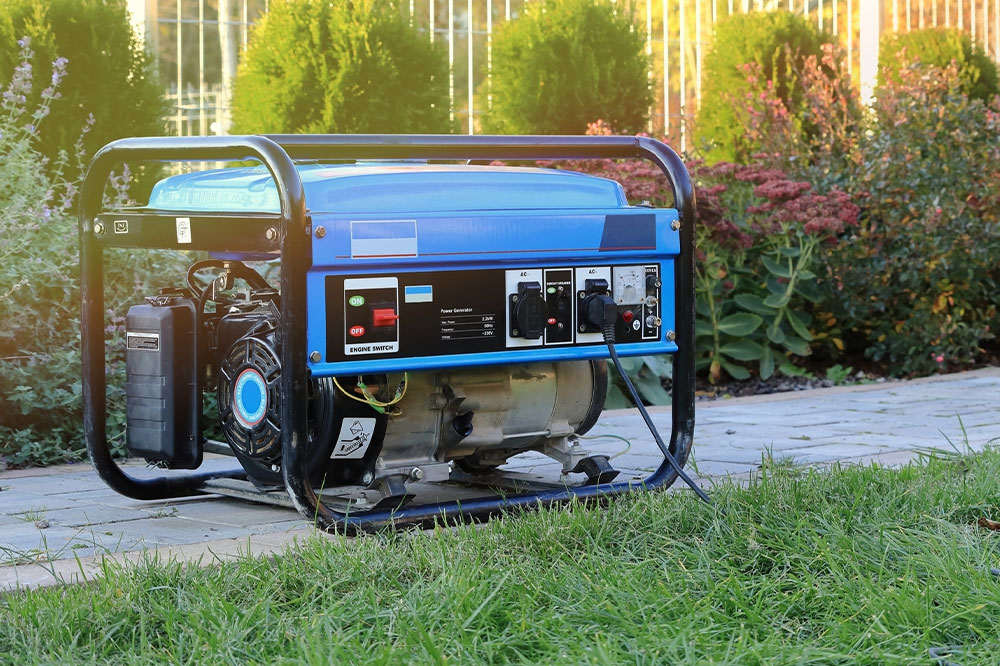
Types and benefits of emergency generators
An emergency generator is a vital piece of equipment in any high-rise building. During a power outage, this device provides automatic power backup in seconds. All life safety systems, such as elevators, escalators, fire alarms, and smoke evacuation, are required to be connected to emergency generators according to the NFPA code. This requires them to operate independently with their electrical components, such as conduits, panels, and switches.
Here are the different types of emergency generators and the benefits of installing one.
Types of emergency generators
The different types of emergency generators for use in buildings are:
- Diesel generators
These generators are versatile and can cover electrical needs that require greater power. As diesel burns at a high temperature, diesel generators can provide greater power capacity compared to other generator types. They, however, are more expensive than others. - Gas-powered generators
These generators connect to a local gas line to function and typically have a quieter operation. Any loss of local gas supply will affect its working unless supported by a conversion kit that allows the device to run on propane ensuring constant power during a power outage. When it comes to cost, gas-powered generators are the least expensive. - Microgrids and renewable energy systems
They are low-maintenance, eco-friendly power systems that use sunlight for robust power generation. They have a lower energy output compared to other types and require greater investment. - Portable generators
Portable generators can be conveniently moved from one place to another. These equipment do not require a complex installation for use and are less expensive than all other types of generators. They are available in different power outputs and are an excellent alternative for providing temporary power during emergencies.
Benefits
The benefits of installing an emergency generator are:
- Safe exit and panic control
These pieces of equipment are important in any high-rise building as they enable quick and safe exits during life-threatening situations. Emergency generators are installed in hotels, theaters, and healthcare facilities to protect the lives of the building occupants and for panic control in case of an emergency. - Protects lives
Power outages in hospitals can be hazardous. Emergency generators can be helpful in powering healthcare equipment such as ventilators and other critical machinery that help support the life of patients. - Maintains the security of employees and customers
Losing power can create unsafe working environments for employees. Customers may also face inconvenience during power outages as financial institutions may not be able to serve them. An emergency generator minimizes disruptions and ensures security and support for both employees and customers. - Meets regulatory requirements
The NFPA 110 demands continuous power supply to all life safety systems. Installing an emergency generator implies that the regulatory requirements of buildings are met. - Better prepared for natural disasters
Hurricanes, earthquakes, or severe storms can cause power outages. An emergency generator is essential during such emergencies to aid in rescue efforts.
Choosing an emergency generator will largely depend on the need and the consideration for the kind of fuel used. It is wise to consult a professional who can help assess the power requirements and guide you in choosing the best equipment type for your application.




